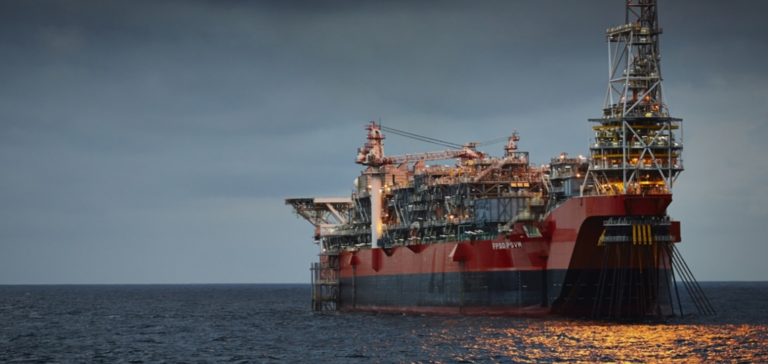Yinson Production Pte Ltd (YP) is currently working with Azule Energy to implement an offshore carbon capture and storage (CCS) pilot project aboard the FPSO Agogo in Angola. This initiative marks a major milestone in the realization of YP’s zero-emission FPSO concept, aimed at reducing the carbon footprint of the offshore production industry.
Emissions reduction technologies on board the FPSO Agogo
The post-combustion carbon capture system on board the FPSO Agogo is the first of its kind to be installed on a production vessel floating at sea. Designed on a pilot scale, it will be used as a demonstrator to assess its technical readiness and acquire operational expertise. This breakthrough is crucial for the future expansion of CCS technology in YP’s zero-emission FPSO projects.
In addition to the CCS installation, the Agogo FPSO will be equipped with various emission reduction technologies. These include electrification, advanced automation, digitization, a combined generation system, a seawater turbine generator, a hydrocarbon cargo tank containment system and an integrated enclosed flare. These innovations will make a significant contribution to reducing the Agogo FPSO’s overall carbon emissions, while improving its operational efficiency.
Carbon Circle Holding AS: A key player in carbon capture
Carbon Circle Holding AS was selected to design and build the CCS plant. It specializes in carbon capture and energy engineering, procurement and construction (EPC). Construction work is progressing well, with the first steel cut completed in September 2023, and all other stages on schedule.
YP’s commitment to sustainability and emissions reduction
YP CEO Flemming Grønnegaard expressed his commitment to sustainability and the reduction of greenhouse gas emissions. He emphasized that YP strives to explore and deliver sustainable energy solutions, while advising its customers on how to reduce emissions in their offshore operations. He also welcomed the convergence of objectives between YP and Azule in the implementation of emission reduction technologies, such as the CCS installation on board the FPSO Agogo.
Solid contract between YP and Azule for the Agogo FPSO in Angola
In February 2023, YP and Azule signed a solid contract for the supply, operation and maintenance of the Agogo FPSO as part of the Agogo West Hub integrated development project in Angola. This project will mark YP’s first offshore production operation in Angola, and will be the company’s eighth FPSO project in the West African region.
The partnership between Yinson Production Pte Ltd and Azule Energy on the offshore carbon capture and storage pilot project aboard the FPSO Agogo in Angola demonstrates the offshore industry’s commitment to reducing its carbon footprint. This initiative demonstrates that technological advances and innovation are essential to achieving the decarbonization objectives of the offshore production industry. The collaboration between the two companies paves the way for more sustainable energy solutions and a significant reduction in greenhouse gas emissions in the sector.






















